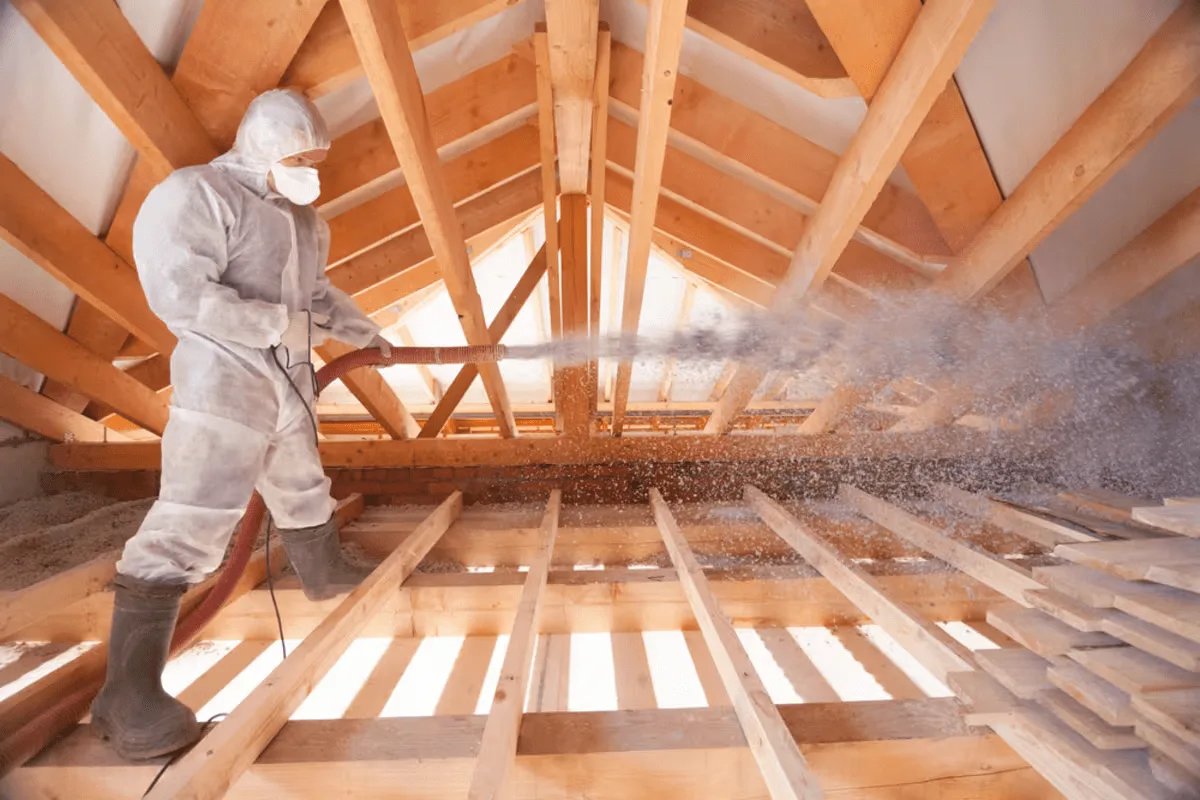Siding is the first feature anyone notices in a home. It might not seem like it, because most neighbours comment on a beautiful door colour, fascinating window fashions, or inviting landscaping, not siding. However, the lining is the canvas that makes everything else stand out. A house with shoddy siding is much more noticeable than a house with missing shutters or a flower bed that hasn’t been weeded recently. Since the Siding contracts Downriver Michigan is a major element of the character and appearance of the house, it is important to replace it when necessary.
What are the Signs that your Home may Need Upgraded Siding?
While there are some obvious indicators that your siding is due for an upgrade, such as cracks and chips, warping, and mould, there are also some subtle indicators. One of the more prominent but subtle indicators that most homeowners wouldn’t think about is higher electricity and energy bills. We will discuss each of these signs in more detail below.

Dents and Cracks
The siding is not indestructible. Over time, siding cracks splits, and dents due to constant exposure to weather and animals. Excessive heat will expand the lining, while cold will contract it. Rain, snow and hail are pounding into it. Animals such as birds, insects and others crawl over the siding and expose it to wear and tear. Over the years, this constant care wears away at the siding, causing dents or cracks.

Bubbling, Blistering And Deformation
If your siding has cracks or chips, it may start to bubble, blister, or curl. While cracks are an excellent indicator that siding is starting to bubble or warp, it can also do without cracks or chips. Siding that bubbles or curls usually means that moisture has seeped through the exterior and is compromising the integrity of the structure. At this point, it is extremely important to start looking into replacing your siding.

Mould and Mildew
Mould and mildew are caused by excess moisture in areas where moisture should be controlled, so if you see mould or mildew on your facade, it’s important to take note. This mould can build up on the exterior of the siding due to moisture-rich weather, and thorough cleaning can fix the problem.
However, any mould is cause for further investigation. If you find that mould has broken through the surface of the siding and is seeping in, it means that your home’s wood structure may be in trouble and it’s time to look into replacing the siding.



